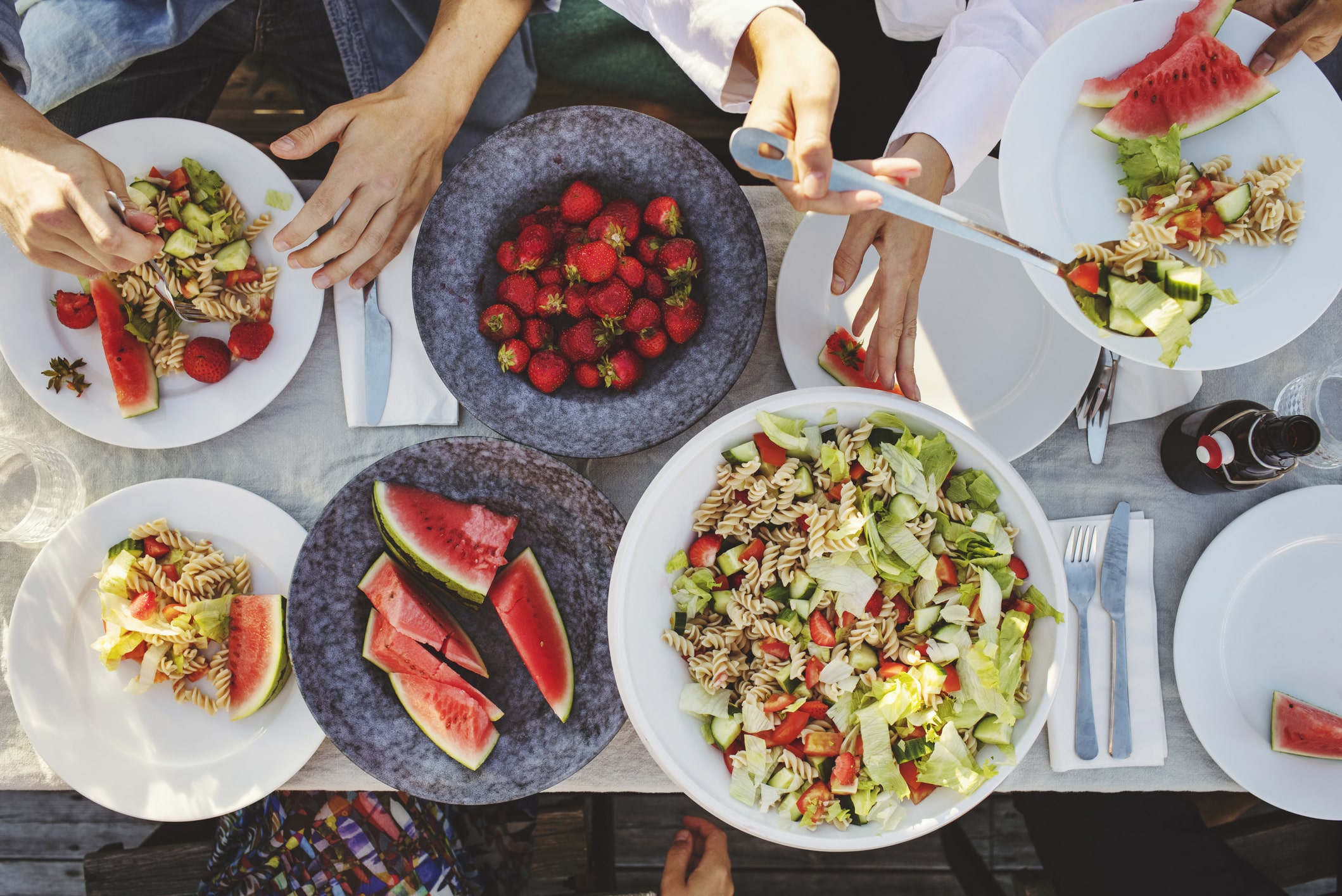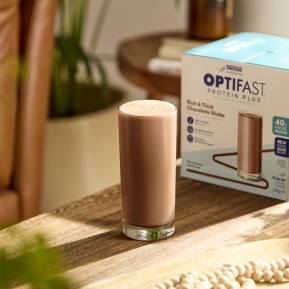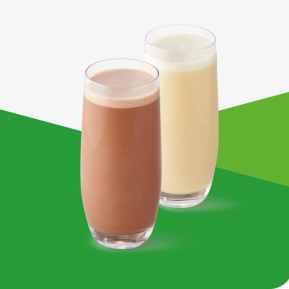Tips - Foods & eating

- Sit down and take time to eat meals. Avoid eating on the run, or while you are watching TV or sitting at the computer.
- Slow down your eating to allow time for your body to signal that it has eaten.
- Avoid extra carbohydrates while on the Optifast Intensive phase. Having extra carbohydrates will effect ketosis and therefore may make you more hungry not just slow down your weight loss.
- Fill yourself up on vegetables in the evening – eat as many as you need to help satisfy you in the Initial phase.
- Eat your vegetables first before the rest of the meal. This will help you fill up on low calorie, high fibre foods.
- Wait half an hour after meals before ever having a second helping (and if you do, try to make it only of the vegetables).
- Choose trim cuts of meat and cut off the fat before cooking. Use lemon juice, reduced salt stock and herbs to flavour and keep the meat moist.
- Plan your weekly menu to ensure balance and variety, and to help you avoid making detrimental last minute decisions (especially if you are hungry!).
- Trimming back on fat and kilojoules doesn’t mean you have to sacrifice taste. Make every bite flavourful by adding spices such as curry powder, chilli or cracked pepper, different herbs, garlic, lemon, lime, mustards, low-fat sauces and marinades, or fat-free dressings.
- Get your family or others who you live with on board with your healthy eating habits. This will make your new lifestyle much more enjoyable and easier to stick to long term.
- Learn to modify recipes. For example, make oven chips using oil spray and sprinkle with spices rather than deep frying, and make homemade pizzas with low-calorie toppings.
- Do comfort foods really make you feel good afterwards? Try and find mood boosting activities rather than turning to food. Go to the movies, go for a walk, put on your favourite music or get a massage.
More from the Support Hub
Kick Start 2026: How to Stay Nourished While Working Towards Your Weight Loss Goals
A new year brings fresh motivation — and for many people, that means resetting... Read more
Introducing OPTIFAST VLCD Plant-Based Shakes: Nutrition Meets Convenience
With over 50 years of expertise in nutrition for weight management, OPTIFAST V... Read more
Type 2 diabetes and weight implications
Type 2 diabetes is a progressive illness, which if not well controlled can lea... Read more

